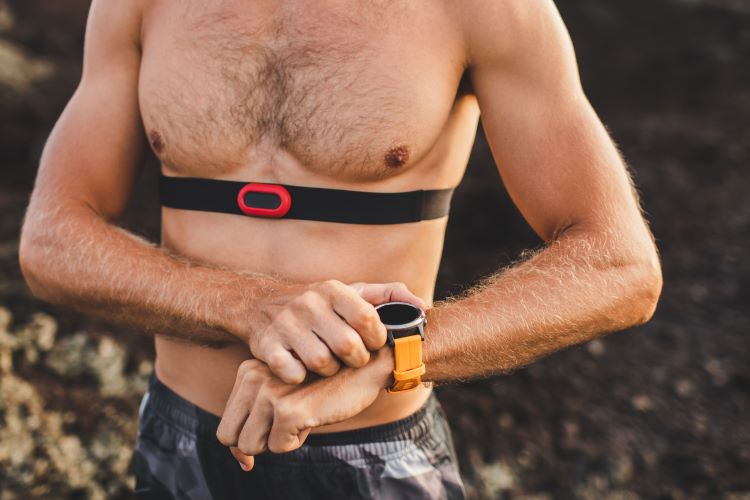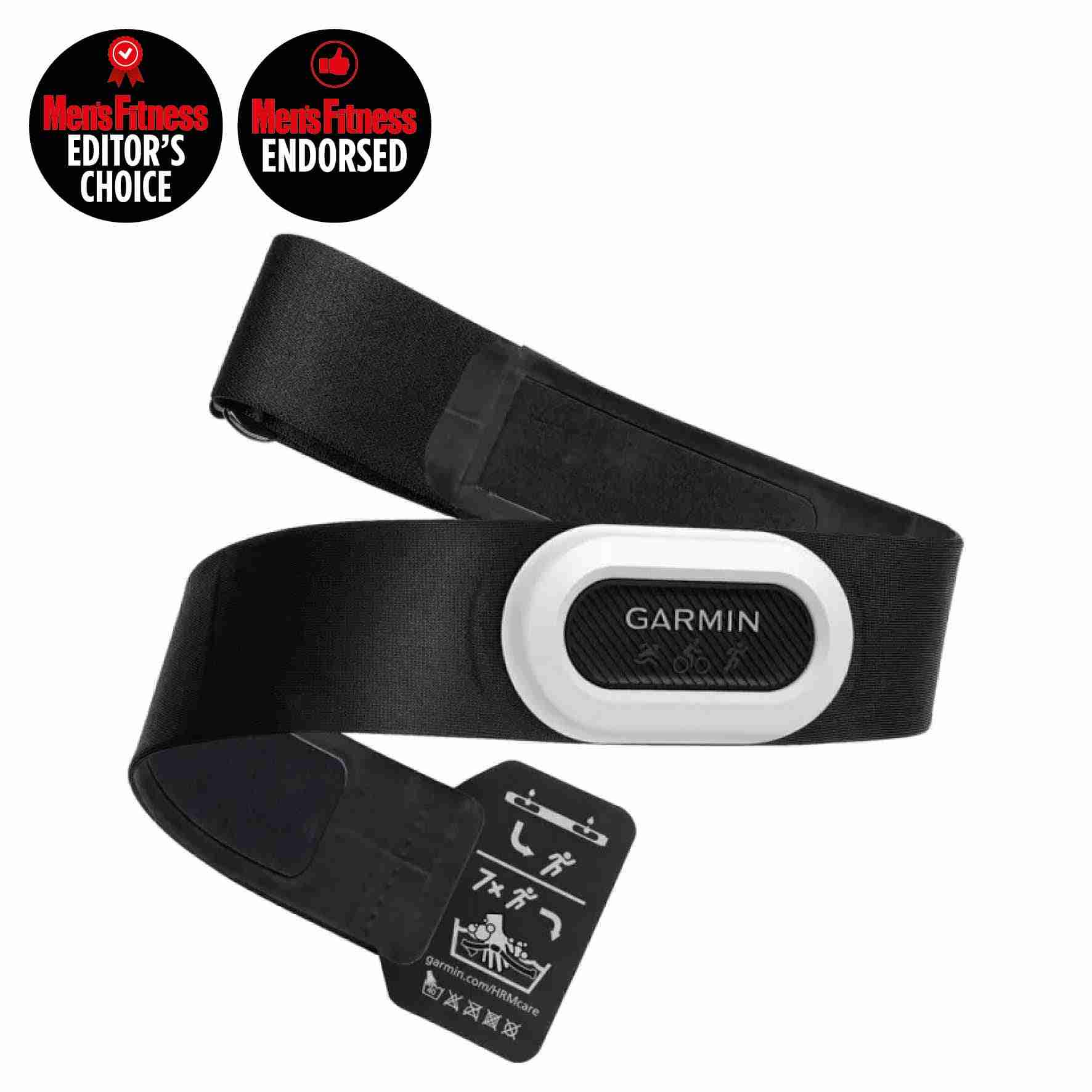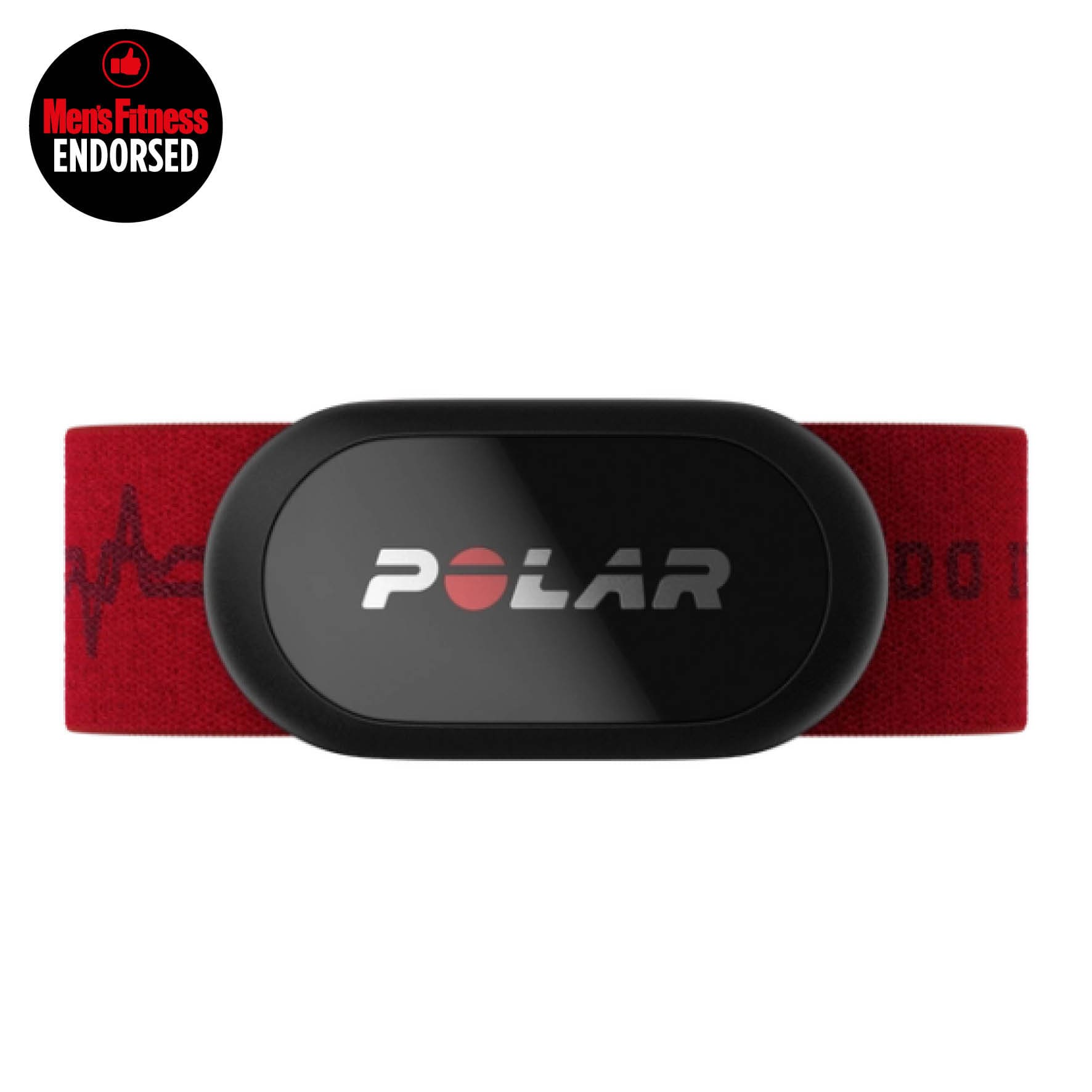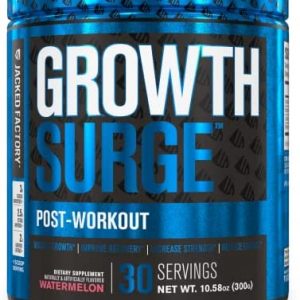Strap in for the best heart rate monitors to track your vital statistics…
Want to take your fitness – and your wellness – to the next level? You need to listen to your heart.
Heart rate tracking can help you optimise your training time, be smarter with your recovery, and ward off injury and over-exertion.
Plenty of fitness watches now track your BPM (beats per minute) from your wrist, but those tend not to be the most accurate. If you want reliable heart rate data to optimise your training, you really should be looking at a dedicated heart rate monitor.
Wrist vs chest strap heart rate monitors
Heart rate monitors fall into two categories – EGC chest straps that measure your heart rate close to its source and optical sensor arm straps. The latter use the same blood-flow reading tech as the sensors in your watch, but they can be moved around the body for improved accuracy and convenience during different activities.
Optical heart rate monitors use green lights on the underside of the device, which your blood reflects to measure how fast it’s flowing through your veins and therefore how fast your heart is beating. ECG heart rate monitors are based on medical-grade electrocardiogram technology and use electrodes pressed onto your skin to log your heart’s electrical activity.
Logging your heart’s electrical pulses is more accurate and immediate than measuring reflected light, which is why serious athletes tend to prefer chest strap heart rate monitors for training and competition. However, there are now some trackers that offer both ECG and optical monitoring for maximum versatility. Also, more and more watch manufacturers are starting to use ECG monitors to measure heart rate.
What makes a good heart rate monitor?
So apart from monitor type, what else should you consider when buying a heart rate monitor? However you’ll use a heart rate monitor, there are three basic things you should consider:
Comfort
The last thing you want if you’re competing in an endurance event is a strap that digs or rolls into your skin, or a sensor that presses into your solar plexus. Likewise, arm straps that chafe or connectors that rub will also be unwelcome distractions during your all-out heroic efforts. So if possible, try before you buy.
Accuracy
In some cases you might need to trade some accuracy for comfort and convenience. For example, during a triathlon race an arm strap might make for easier transitions, though the optical data might not be quite as accurate. Or a chest strap might feel to restrictive during the exertions of an dynamic HIIT session. But if accurate heart rate data is key to your training regime, you need to be using an ECG monitor.
Connectivity
Think about how you’ll be using your heart rate monitor, and how that might change in the future. Is it likely you’ll want to pair it with other gear like a GPS watch, fitness app, cycle computer, gym equipment or training services like Peloton or Zwift? If so, you’ll need ANT+ and Bluetooth connectivity, and possibly multiple concurrent connections.
Water resistance
How waterproof do you need your heart rate monitor to be? Sitting next to the skin, most tend to be at least IPX7 rated, meaning they are sweatproof but not waterproof. Others are intended for swimming and will either have an ATM or ‘atmospheres’ pressure ratings (5ATM is equal to about 50m) or a straightforward WR rating (WR30 means waterproof to 30m, for example).
Beyond that, some of the best chest straps now have motion sensors and track more than just heart rate. They offer additional insights for things like running form or cycling cadence. Could these be useful in your fitness development?
Here’s our pick of the best heart rate monitors
(Read on for full reviews…)
- Garmin HRM Pro Plus ($129.99 / £119) – Best for running insights
- Polar H10 ($89.95 / £76.50) – Best for accuracy
- Polar Verity Sense ($99.95 / £86.50) – Best for swimming and multi-sports
- Myzone MZ-Switch ($159.99 / £139.99) – Best for flexibility
- Wahoo TICKR X ($79.99 / £64.99) – Best for connectivity
BEST FOR RUNNING INSIGHTS
Garmin HRM-Pro Plus
BUY IT NOW:
$129.99 / £119, garmin.com
Comfort: 4/5
Accuracy: 5/5
Tracking features: 5/5
OVERALL: 5/5
Weight: 1.8oz (52g) | Strap: 23.5in-56in (60cm-142cm) | Battery: CR2032, 360 hours | Features: Bluetooth and ANT+ connectivity / multisport dynamics (requires compatible Garmin smartwatch) / stand-alone activity monitoring | Water rating: 5ATM
The Garmin HRM-Pro Plus features a small, lightweight sensor module that fits within the width of a soft, comfortable strap, making it one of the less intrusive chest straps to wear for longer training sessions.
It runs on traditional watch batteries rather than rechargeables but will give you an hour training a day for a year before it runs out. It almost matches the Polar H10 for accuracy but outsmarts its rival with additional multi-sport dynamics, particularly running, making it an ideal choice for triathletes.
Connectivity is impressive too with three concurrent Bluetooth connections plus unlimited ANT+ connections.
Read our full Garmin HRM-Pro Plus review
BEST FOR ACCURACY
Polar H10
BUY IT NOW:
$89.95 / £76.50, polar.com
Comfort: 4/5
Accuracy: 5/5
Tracking features: 2.5/5
OVERALL: 4/5
Weight: 2.1oz (60g) | Strap: 22.8-27.9in (58-71cm) / 26.3-37.4in (67-95cm) | Battery: 3V lithium, 400 hours | Features: Bluetooth and ANT+ connectivity / 6 strap colours | Water rating: WR30
The Polar H10 sets the standard as far as accuracy and reliability are concerned – it literally never misses a beat. It’s fairly light and comfortable too, with a soft strap, ergonomic design and no-fuss quick-release clip for easy removal.
Polar has also gone with watch batteries over rechargeable ones, but you’ll get 400 hours run time before you need to change them. Its Bluetooth and ANT+ connectivity plays nicely with various watch brands, and you’ll probably want to connect because the unit can only store one workout at a time.
If running dynamics aren’t your thing and you just want accurate tracking, you can’t go wrong with the Polar H10.
Read our full Polar H10 review
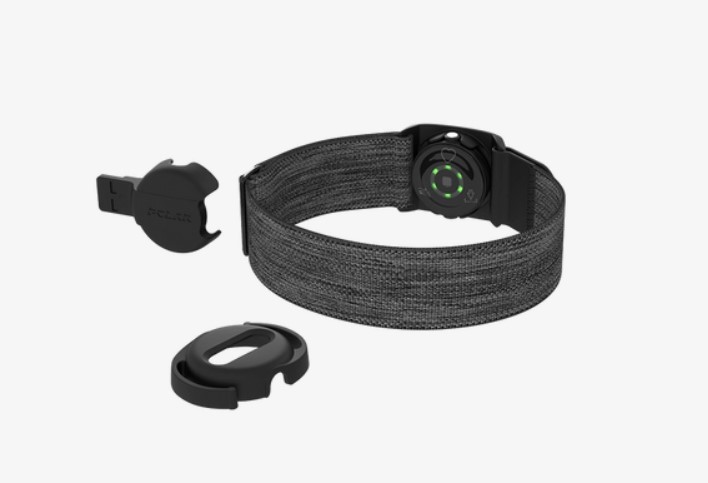
BEST FOR SWIMMING & MULTI-SPORTS
Polar Verity Sense
BUY IT NOW:
$99.95 / £86.50, polar.com
Comfort: 4/5
Accuracy: 3/5
Tracking features: 4/5
OVERALL: 4/5
Weight: 0.4oz (12g) | Strap: 9.1-12.6in (23-32cm) | Battery: rechargeable, 30 hours | Features: Bluetooth and ANT+ connectivity / goggle strap clip / 16mb memory / 150m broadcast range | Water rating: WR50
The Polar Verity Sense is an optical heart rate tracker that’s a reliable alternative if chest straps aren’t your thing. It’s another good option for triathletes too, as it can be worn on your forearm, bicep and even goggle straps to track your BPM from your temples in the water.
You get a USB-chargeable battery giving you up to 30 hours run time, and a staggering broadcast range of up to 150m from its ANT+ and double Bluetooth connections. It can store up to 600 hours of workout data, too, so works well as a standalone device.
Read our full Polar Verity Sense review
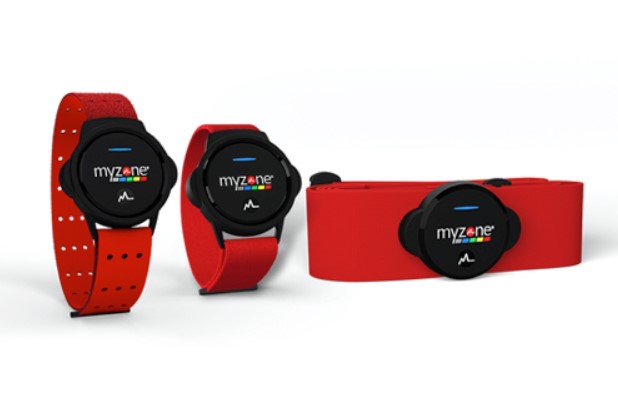
BEST FOR FLEXIBILITY
Myzone MZ-Switch
BUY IT NOW:
$159.99 / £139.99, myzone.org
Comfort: 4/5
Accuracy: 3/5
Tracking features: 4/5
OVERALL: 4/5
Weight: 0.6oz (17g) | Strap: 21.3-27.6in / 24.4-34.6in / 27.6-40.1in | Battery: Rechargeable, up to 6 months | Features: Arm, chest and wrist straps / stores 36 hours of exercise data / Bluetooth and ANT+ connectivity | Water rating: WR10
As world’s first combined ECG-style chest strap and optical arm strap, the Myzone MZ-Switch is an extremely flexible option. You can move it from chest to forearm, bicep or wrist to suit your workout. It will cope with anything from vigorous HIIT sessions and lifting to running, cycling and open water swims with no problem.
You get 35 hours battery in time in optical mode, but you can quadruple that by using it as an ECG monitor. Indicators tell you what zone you’re in and if you’re the competitive type you can join the Myzone community and get effort points for all your workouts and propel you up the leaderboard.
Data storage and Bluetooth/ANT+ connectivity round out this flexible but pricey package.
Read our full Myzone MZ-Switch review
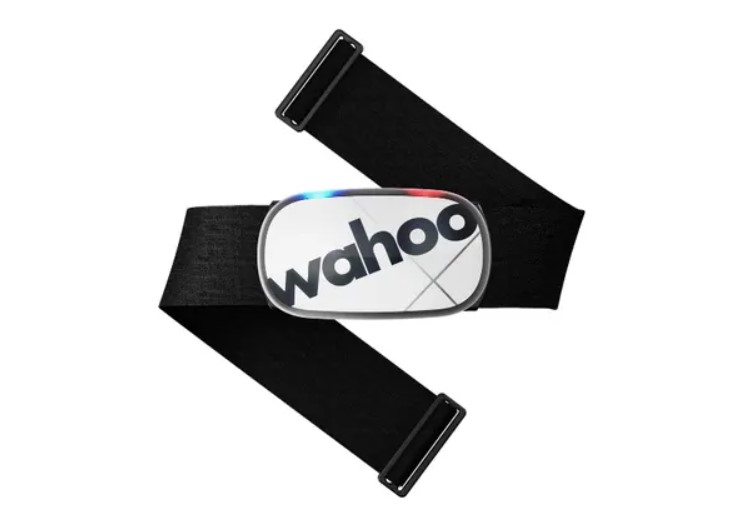
BEST FOR CONNECTIVITY
Wahoo TICKR X
BUY IT NOW:
$79.99 / £64.99, wahoofitness.com
Comfort: 3/5
Accuracy: 4/5
Tracking features: 5/5
OVERALL: 3.5/5
Weight: 1.7oz (48g) | Strap: 23-48in (58.4-121.9cm) | Battery: CR2032, 500 hours | Features: Running dynamics / stores 50 hours of exercise data / Bluetooth and ANT+ connectivity | Water rating: IPX7
If you want detailed running metrics such as cadence, ground contact and vertical oscillation, the cheaper Wahoo TICKR X will give Garmin a run for its money. It matches the HRM-Pro Plus with its connectivity options too – allowing you to run three simultaneous Bluetooth connection, as well as ANT+.
Where it can’t compete is waterproofing – it’s only rated as IPX7 so won’t cope with any water-based workouts. Still, it ekes out 500 hours from its coin cell battery and can store up to 50 hours of workout data, making this one of the better budget options around.
Read our full Wahoo TICKR X review
RELATED CONTENT:
The post Best Heart Rate Monitors appeared first on MensFitness.
[ad_2]Article link
